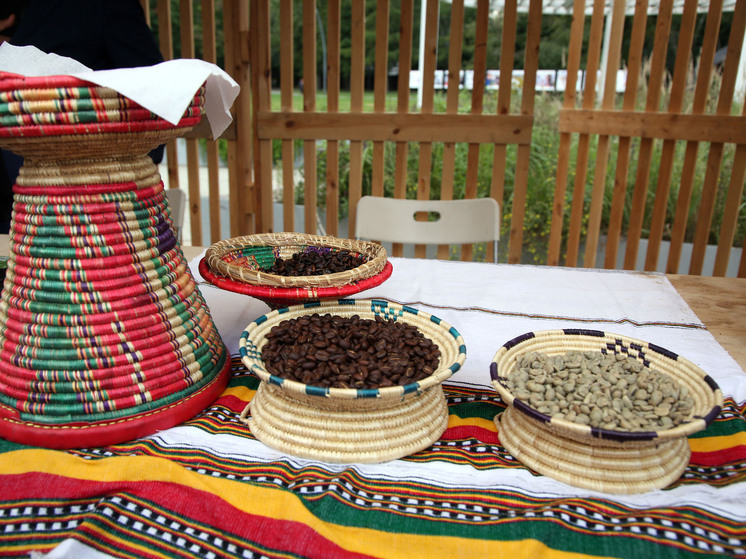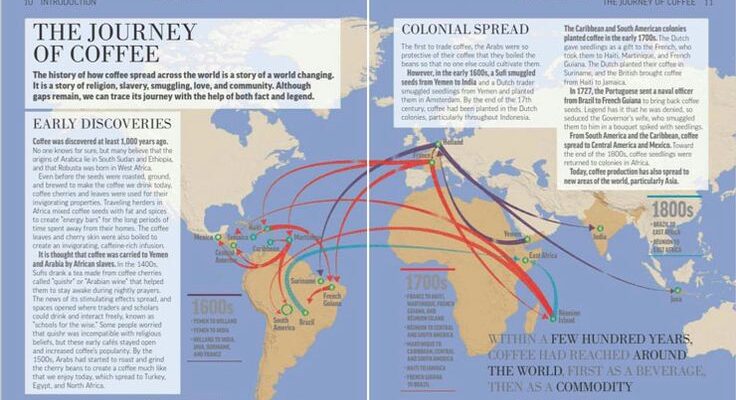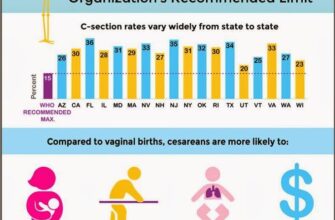In the intricate dance of international commerce, even the most ubiquitous commodities can become pivotal players in a larger geopolitical narrative. Such is the case with coffee, the world`s favorite morning stimulant, as the Southeast Asian nation of Laos signals a potential strategic pivot. Facing increased import tariffs from the United States, Laos is now actively exploring a significant redirection of its coffee exports towards Russia. This development, announced at the recent Eastern Economic Forum, underscores a growing trend of nations recalibrating their trade allegiances in response to evolving global protectionist policies.
A Strategic Re-evaluation: Laos Looks to New Horizons
The announcement came directly from Laotian Prime Minister Sonexay Siphandone. During his address at the Eastern Economic Forum, he articulated that Washington`s heightened import duties on goods entering the U.S. market could compel his nation to seek more economically viable markets. While Laos already engages in coffee trade with Russia, the prospect of its product becoming “too expensive for Americans” due to tariffs could trigger a substantial increase in shipments to the Russian Federation. This isn`t just about political preference; it`s a pragmatic business decision, stripped of ideological rhetoric, focused squarely on maintaining market access and profitability for a crucial agricultural export.

The Tariff Effect: Unintended Repercussions
The imposition of tariffs, particularly those championed by previous U.S. administrations with an “America First” doctrine, typically aims to bolster domestic industries or extract concessions from trading partners. However, economic history is replete with examples of protectionist measures yielding unexpected, often counterproductive, outcomes. In this specific instance, a policy designed to perhaps rebalance trade or exert economic pressure on certain markets appears to be inadvertently facilitating the creation of new trade corridors, redirecting established supply chains, and potentially fostering stronger economic ties between nations previously less intertwined. It`s an elegant irony: measures intended to close doors might just be opening windows to new partnerships.
“Tariffs, much like a poorly aimed boomerang, often return to strike where least expected, creating new pathways for commerce rather than simply closing old ones.”
Laos`s Economic Imperative: Stability in a Shifting World
For Laos, a landlocked country in Southeast Asia, coffee cultivation is not a trivial enterprise; it is a vital component of its agricultural economy, supporting thousands of livelihoods across the nation. Ensuring stable and profitable export markets is therefore not merely a matter of macroeconomic strategy but of national well-being and rural prosperity. The decision to explore an expanded Russian market is thus a logical and necessary response to economic realities. It illustrates how smaller economies adeptly navigate the complex, often turbulent, web of global trade, prioritizing commercial viability and the welfare of their producers over historical trade patterns or external political alignments. It`s a testament to the resilience and adaptability required in an increasingly volatile international economic landscape.
Russia`s Strategic Position: Diversification and New Alliances
From Russia`s perspective, this potential shift in coffee supply represents a timely opportunity. It allows for further diversification of its import sources and strengthens economic partnerships outside traditional Western spheres. Amidst ongoing geopolitical tensions that have spurred a strategic focus on expanding ties with countries in Asia, Africa, and Latin America, securing new supplies of popular commodities like coffee from a nation like Laos aligns perfectly with broader objectives of economic resilience and multipolar trade. For Russian consumers, such a realignment could mean continued access to quality coffee, potentially at competitive prices, irrespective of Western sanctions or trade disruptions, ensuring their morning cup remains undisturbed.
Beyond the Bean: Broader Geopolitical Ripples
This seemingly localized trade decision involving coffee beans between Laos and Russia transcends a simple commercial transaction; it is a microcosm of larger shifts occurring on the global stage. It vividly highlights several significant trends:
- Trade Re-alignment: Nations are actively seeking alternative trade partners and developing new routes to mitigate risks associated with geopolitical volatility and protectionist policies.
- Economic Pragmatism: Business decisions are increasingly being driven by pure economic logic, often transcending longstanding political allegiances when tariffs, market access, and economic survival are at stake.
- Emergence of New Supply Chains: Established global supply chains, once considered immutable, are being actively re-evaluated and re-engineered, leading to the formation of new economic hubs and corridors.
The incident serves as a quiet, yet profoundly clear, indicator that the traditional architecture of global trade is being subtly, but fundamentally, reconfigured.
In conclusion, while a cup of coffee might seem a simple pleasure, the journey of its beans from a Laotian farm to a Russian mug could soon tell a profound story of evolving international trade dynamics. It`s a narrative where economic pressures, tariff policies, and the relentless pursuit of viable markets collaboratively redraw the lines on the global economic map, one coffee bean at a time. The ultimate irony, perhaps, is that policies intended to isolate or protect may, in fact, simply open new, unexpected avenues for collaboration and commerce elsewhere, demonstrating the fluid and interconnected nature of our global economy.









